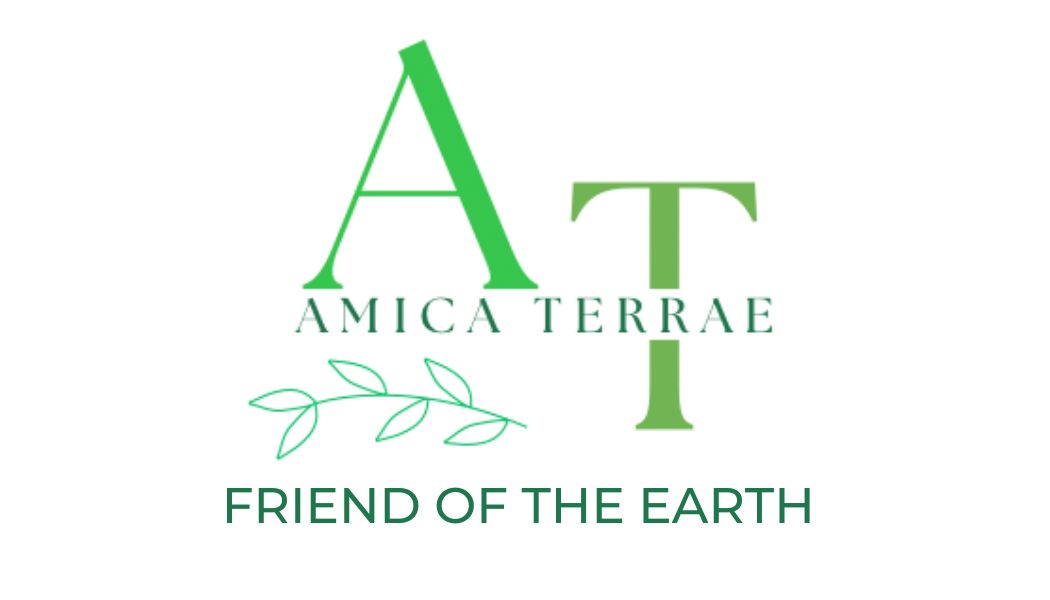So... Much... Stuff!!!
- Amica Terrae

- May 19, 2023
- 4 min read
Ever considered how much 'stuff' is in your home? In the average UK home? Or any other home in the developed world? 'Stuff' is anything from a dining table, to a bath towel, to a vegetable peeler. 'Stuff' incorporates books, toiletries, mugs, and those items we hold onto from our past. We call them 'memories'. Our kids' first spelling test, medals from sporting events, countless school workbooks from over the years.
How valuable are these things to your life? Really? How many of us have boxes taped up in the loft or garage full of 'memories?' How many of these boxes have been taped up for 10, 20 years or more? Are they memories? Or are the memories really inside of you personally?
What does a dictionary define 'memories' as?
noun, plural mem·o·ries.
the mental capacity or faculty of retaining and reviving facts, events, impressions, etc., or of recalling or recognizing previous experiences.
this faculty as possessed by a particular individual:to have a good memory.
the act or fact of retaining and recalling impressions, facts, etc.; remembrance; recollection:to draw from memory.
the length of time over which recollection extends:a time within the memory of living persons.
a mental impression retained; a recollection:one's earliest memories.
the reputation of a person or thing, especially after death; fame:a ruler of beloved memory.
the state or fact of being remembered.
a person, thing, event, fact, etc., remembered.
commemorative remembrance; commemoration:a monument in memory of Columbus.
the ability of certain materials to return to an original shape after deformation.
Also called computer memory, storage. Computers.
the capacity of a computer to store information subject to recall.
the components of the computer in which such information is stored.
Rhetoric. the step in the classical preparation of a speech in which the wording is memorized.
Cards. concentration (def. 7).
Hmmm, that's a lot of definitions.... None of which describe a memory as a 'thing'. So on that basis 'stuff' can't be a memory, (albeit it may have the power to evoke memories).
So... Much... Stuff... The average UK household contains over 300,000 items. That's a lot of stuff! The consumer market over the last 50 years has exploded. Where once upon a time, if one wanted something, yet couldn't afford upfront they would place a deposit, and make payments, only obtaining the item upon completion of payment, nowadays it's the reverse. You take the goods before paying for them. Credit card usage, and the 'Buy Now, Pay Later' mantra is commonplace. The UK average credit card debt is £5400 (May 2023). What single, life enhancing item costs £5400? There won't be many. The truth is that that debt is an accumulation of 'stuff'.
Time for some blunt truth. Most adverts you see, the targeted marketing you get via your phone / smart device 'listening' to you, are all geared towards making you feel subconsciously inadequate. To the conscious brain the adverts are telling us 'here, have this product it'll enhance your life', however to our subconscious brain it says 'your life will be 'poorer' without this product'.
Will it? Really?
Our brains and social habits are wired around comparing ourselves to the people surrounding us. Houses on the same street, would generally be in a similar price range, so to a degree one could assume that your sofa would be that of a similar price range to the Joneses' sofa next door. Yes we all know that saying don't we? 'Keeping up with the Joneses'. But in today's society, with social media bringing the rich and famous 'closer' to us, are we still really trying to keep with the Joneses or more the Kardashians?
Charles Darwin dedicated his working life to the study of evolution. Creatures (humans included!) evolve to their surroundings. Where the environment once upon a time was not the norm, the creature would react to it, however if that environment became stable (albeit different), the creature would acclimatise and evolve to survive. Acclimatise. Humans do this much more than they realise every single day. We consciously set ourselves goals and aims. We covet items and subconsciously (and even consciously) idolise material objects.
'I can't wait for payday to buy that new bag'
'My life will be so much easier with that new laptop'
And yes, when we get those coveted items we get that initial dopamine hit, that euphoric sense of achievement, however we soon 'acclimatise' to that feeling. Having that item goes from novelty, to the norm, and then we look to the next item to chase. (Or if we don't physically look, an advert will tell us what item we need next).
Having 'stuff' or too much of it, takes us away from what can really evoke happiness. Spending time with family and friends, getting outside, simply having an uncluttered mind (and home).
The challenge is to embark on a more minimalist journey. Box up (please don't mindlessly throw, we will cover 'disposal' options in the next post) 'stuff' to get rid of. Everyday for a month. 1 item on day one, 2 items on day 2, 3 items on day 3 and so on. In 30 days that will be 465 items. Sounds a lot right? Scroll back up to where we spoke about the average UK household having over 300,000 items....... Do you really need the 37mugs in your kitchen cupboard?
Let us know how you get on!


Comments